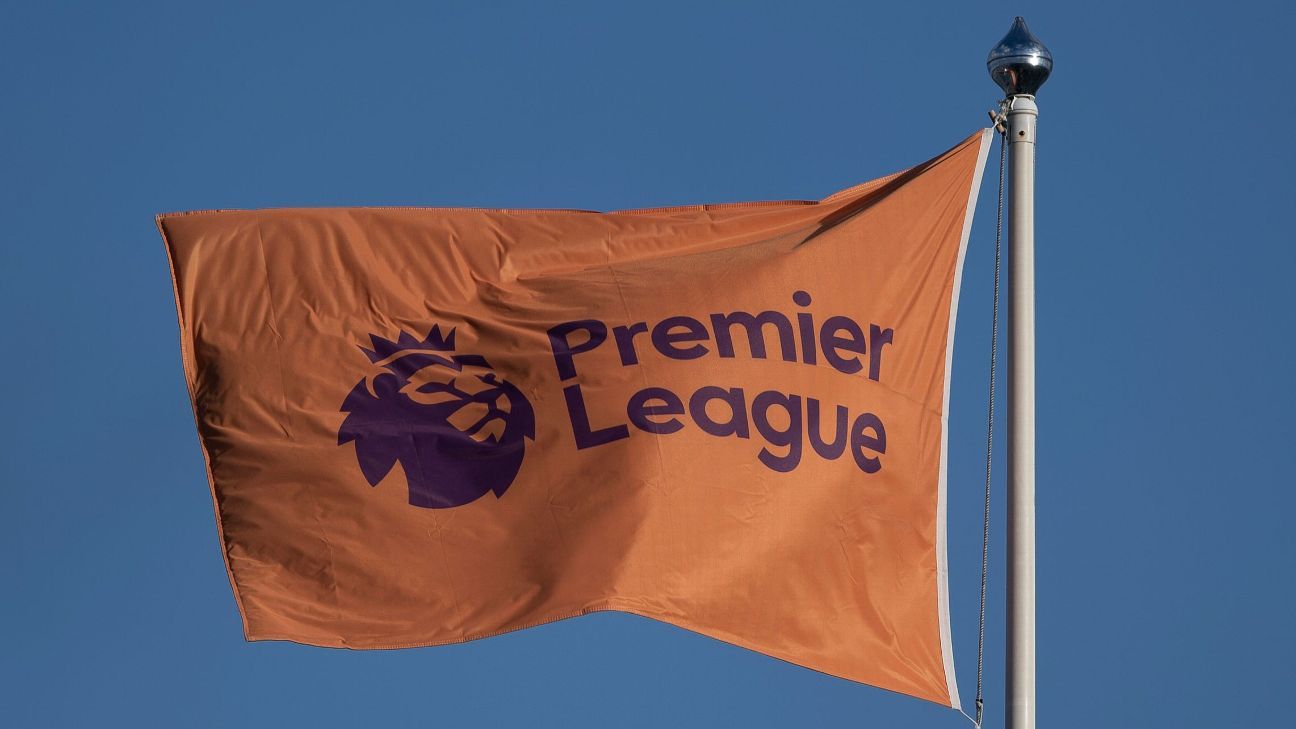Human rights groups have challenged the Premier League to robustly enforce new rules aimed at tightening club ownership by ensuring abusers and nation states are banned from controlling teams in England.
At a Shareholders’ Meeting held on Thursday, the division’s 20 clubs voted unanimously in favour of a series of alterations to strengthen the Premier League’s Owners’ and Directors’ Test (OADT).
Human rights abuses — as defined by the Global Human Rights Sanctions Regulations 2020, legislation introduced by the United Kingdom government — will now be deemed a “disqualifying event” preventing such individuals from acting as an owner or director of a Premier League club.
The league can also now block people under investigation for conduct which could result in a “disqualifying event” if found guilty. Other offences now listed as grounds for exclusion include violence, corruption, fraud, tax evasion and hate crimes.
Human rights research and advocacy group FairSquare told ESPN: “The proposed human rights language in the Premier League’s new owners and directors test goes further than the British government’s recent white paper which made no attempt to grapple with the troubling phenomenon of states owning football clubs.
“Whether the new test will be effective in stopping that trend, and whether that is even its purpose, is another matter. If it’s simply barring those already sanctioned by the UK government under the Global Human Rights Sanctions Regulations, it will serve little to no purpose.
“If the Premier League intends to interpret and apply the criteria in those regulations itself, who will carry out those assessments? The most straightforward option to get the worst human rights abusers out of football, without relying on overly politicised or complex assessment processes, would be to just not let states in at all.”
The Premier League is under pressure to review its decision to allow Saudi Arabia’s Public Investment Fund (PIF) to complete a takeover of Newcastle United last year.
At the time, the league insisted they had received “legally binding assurances” that the Saudi government was not involved in the running of the club.
However, lawyers representing LIV Golf in a US court case stated the PIF is “a sovereign instrumentality of the Kingdom of Saudi Arabia” and PIF Governor Yasir Al-Rumayyan as “a sitting minister of the government” with “sovereign immunity.”
Al-Rumayyan is also Newcastle chairman. On Tuesday, Premier League chief executive Richard Masters told a Digital, Culture, Media and Sport (DCMS) select committee hearing that he “can’t say” whether they were re-examining the decision.
Furthermore, Qatari banker Sheikh Jassim is one of several bidders in the race to buy Manchester United. Qatar’s human rights record and treatments of the LGBTQ+ community has raised questions over Jassim’s suitability, although he said his offer for United has been made as a private individual and not with state-backed finance.
Amnesty International UK’s economic affairs director Peter Frankental said of the Premier League’s strengthened OADT: “It’s a step in the right direction that human rights and hate crimes are now being considered, but it’ll make little difference unless powerful individuals linked to serious human rights violations overseas are definitively barred from taking control of Premier League clubs and using them for state sportswashing.
“Would, for instance, a future bid involving Saudi or Qatari sovereign wealth funds be blocked by this rule change? It’s far from clear that they would. Merely checking whether people are on an existing UK sanctions list is a very low bar, and the sanctions list reflects the government’s foreign policy priorities rather than any objective assessment of human rights issues.
“Nearly three years ago we proposed a detailed new human rights-compliant test that would prohibit football ownership where individuals were complicit in acts of torture, slavery, human trafficking and war crimes.
“The acid test of whether this new rule is fit for purpose is whether it would involve serious efforts to assess the involvement of prospective buyers in human rights abuses.”
